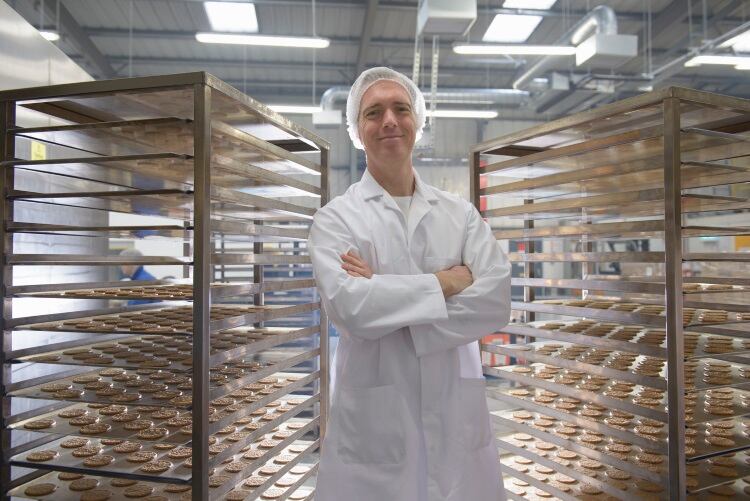According to the association’s CEO Alasdair Smith, the businesses that have ‘no slack left’ after the last couple of whirlwind years, will not be able to “soak up or indeed pass on ever increasing energy bills.
“Energy is one of the major input costs for bakeries and Scottish Bakers has continued to work hard in recent months to bring to the Governments’ attention the very real challenges our members continue to face in relation to energy and ingredient price rises,” said Smith.
“While we welcomed the initial package of support, we had called for a continuation of this scheme to offer protection for all of our members during the brutal cost of living crisis.”

The scheme
The newest package announced by Chancellor of the Exchequer Jeremy Hunt replaces the current scheme that ends in March. It’s designed to help businesses locked into contracts signed before recent substantial falls in the wholesale price manage their costs and provide others with reassurance against the risk of prices rising again.
From 1 April 2023 to 31 March 2024, eligible non-domestic customers that have a contract with a licensed energy supplier will see a unit discount of up to £6.97/MWh automatically applied to their gas bill and a unit discount of up to £19.61/MWh applied to their electricity bill, except for those benefitting from lower energy prices.
A substantially higher level of support will be provided to businesses in sectors identified as being the most energy and trade intensive – predominately manufacturing industries. A long standing category associated with higher energy usage; these firms are often less able to pass through cost to their customers due to international competition. Businesses in scope will receive a gas and electricity bill discount based on a supported price which will be capped by a maximum unit discount of £40.0/MWh for gas and £89.1/MWh for electricity.
Pros and cons

The good news, said Smith, is “the update indicates that higher users of energy who are typically less able to pass on the costs will qualify for a higher level of relief than most other sectors and the list of business sectors eligible for the higher level support includes bakeries.”
On the other hand, he contended the “move offers little or no comfort and so could still spell disaster for many small businesses who have no slack left to soak up or indeed pass on ever increasing energy bills. The relief offered will both lead to increased energy costs for these businesses while leaving them dangerously exposed to fluctuating wholesale energy prices.
“We are further concerned about the lack of detail in how these rebates will be applied.
“Coupled with a general lack of transparency on wholesale prices from suppliers, this will bring further instability to businesses as they try to plan their budgets for the year ahead with little certainty. We fear that this burden of pressure, in addition to the inevitable higher energy costs will make some businesses consider their future.”
Essential sector
This could threaten the sector’s long term survival, which is a vital part of the country’s food chain, suppling the nation’s daily bread, savoury snacks and sweet treats.
“Energy represents a disproportionately high percentage of input costs, so Scottish Bakers once again call for this relief to be extended to small and medium sized businesses to secure the long term future of the trade,” concluded Smith.





